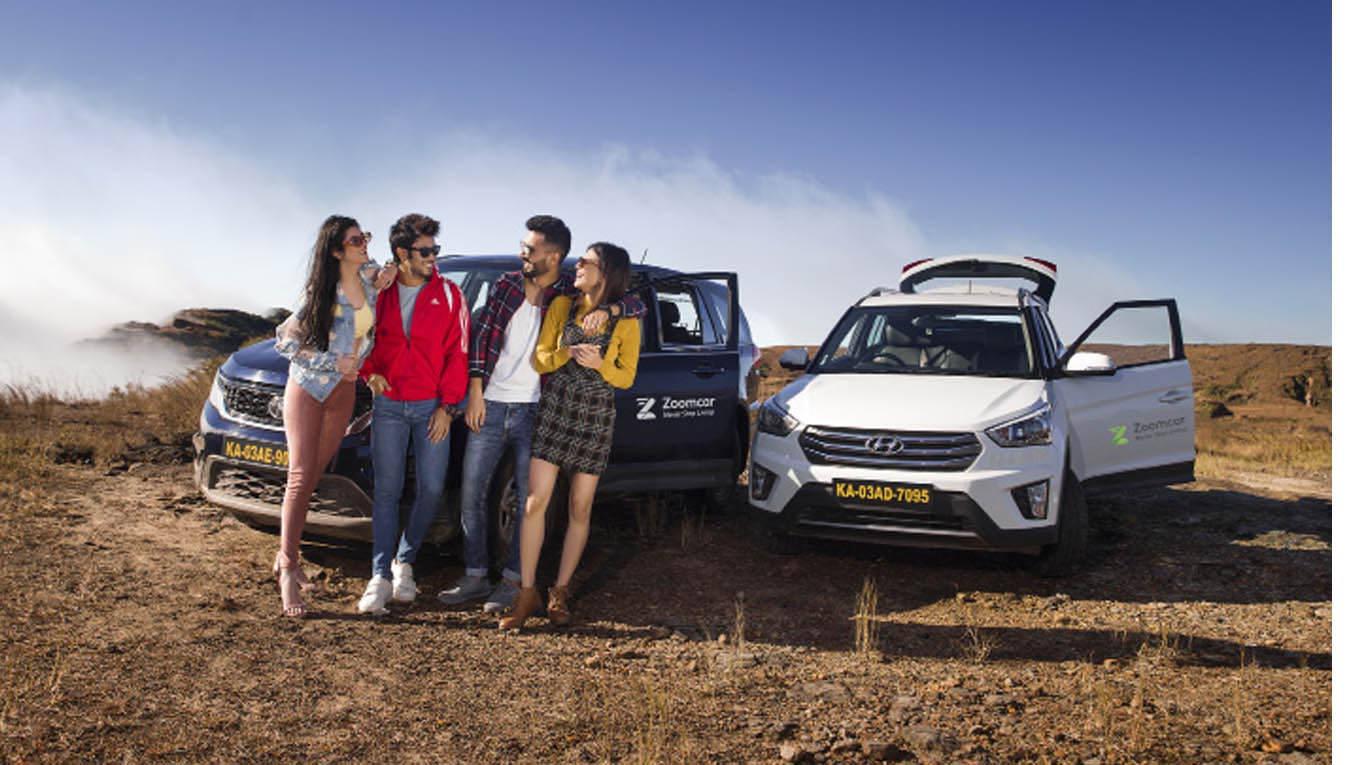The way we own cars is changing. Thanks to rising fuel prices, taxation, poor infrastructure and other factors, Indians are avoiding long-term car ownership. Instead, many are signing up for car subscriptions. All one needs to do is to sign up online, provide salary statements, and within a week, the car is ready to be driven home. But how different is it from renting a car, and what other advantages does it offer? Netflix for cars A car subscription service is a lot like Netflix. Using these platforms, you can watch your favourite show without even owning a TV set. Likewise, a car subscription allows you to effectively ‘own’ a car without any of the hassles of registration, servicing, taxes, etc, all of which are paid for. Additionally, you can also swap your car out for a different one the following month. And, if you’re relocating to a different city, you can restart the service once you have moved. You also don’t have to worry about reselling the car since in most cases your car goes back to the subscription provider at the end of the tenure – which is anywhere between one and 72 months. You’re also given a white number plate, the same as that of a car owner instead of the black-and-yellow one typical of a rental. Servicing, as mentioned above, is taken care of. There’s doorstep pick-up and drop every time your car is due for a service. A car subscription, therefore, effectively does away with all the stresses of car ownership. Car ownership costs With the average down payment of nearly Rs2 lakh that most car dealers require, it’s quite a challenge to bring a new car on-road. Several months of precious savings could get wiped out. Keep in mind that the Rs2 lakh is just the down payment. The remainder of the vehicle cost (Rs 6-7 lakh on average) is typically covered through a vehicle loan. For the average Indian, this is a hefty obligation and usually comes at a very high interest rate. Moreover, many of these loans have hidden fees that really hit the wallet. For starters, there is no down payment in a subscription. It’s effectively a lease, except the leasing market in India is practically non-existent. From a personal working capital perspective, it’s hard to match the allure of zero down subscription structure. To reserve a vehicle on subscription, it typically requires a refundable deposit of just Rs10,000-15,000 which is promptly returned at the end of the subscription period. Most subscription providers also have apps that offer discounts and referral bonuses, which can bring down costs by a further 70 per cent. Sujit is a Kochi-based businessman who keeps travelling to Mumbai, Pune and Bengaluru. Since he doesn’t own a car, he prefers to rent one every time he lands in one of the three cities. He always chooses Zoomcar over others because of the excellent customer support. “There was this one instance where my steering had jammed, and I was in the middle of nowhere, en route to a client in Pune from Mumbai. All I had to do was call up my Zoomcar executive and they took care of everything,” he said. “Interestingly, 90 per cent of Zoomcar subscribers are non-intenders,” says Zoomcar CEO and co-founder Greg Moran. “They never thought of owning a car. But due to the compelling features of the Zoomcar subscription platform, like zero down payment, no car loan, no maintenance cost, and no insurance cost, suddenly having a car is no longer a financially crumbling option.” Your choices Zoomcar is the oldest in the business and currently has a 90 per cent share in the rental car business. They recently hit 15,000 subscriptions after entering the market in 2018. The company is currently operating in 35 cities and recently raised Rs213 crore in an investment round led by Sony’s Innovation Fund. Zoomcar, as of 2020, has a 10,000-strong fleet, which comprises both rentals and subscription-only models.
-

A car subscription allows one to effectively ‘own’ a car without the hassles of registration, servicing, taxes, etc



































